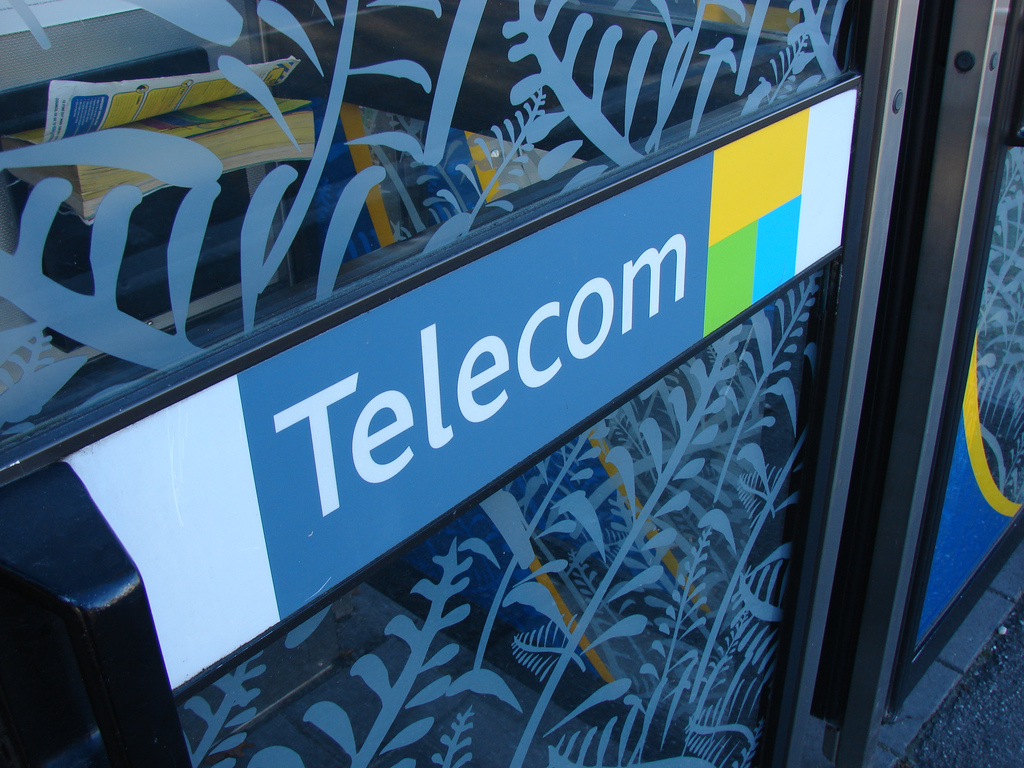Reports today indicate that Telus is currently blocking access to Voices for Change, a website run by the Telecommunications Workers Union. The company has confirmed that its nearly one million subscribers are blocked from accessing the site, though it is obviously available to just about everyone else (and presumably to […]

Telecom by yum9me (CC BY-NC-ND 2.0) https://flic.kr/p/53jSy4
Telecom
Bill C-60 User Guide: The ISPs and Search Engines
Bill C-60 makes for a challenging read since it adds, replaces, or amends existing Copyright Act provisions. There will no doubt be much discussion and debate around the bill in the coming months, but I thought it might be useful to provide a short users guide on the key provisions categorized by issue.
The ISP March Toward Packet Preferencing Continues
Mark Evans, a reporter with the National Post, reports on his blog that Clearwire has established a terms of use that effectively excludes services such as Vonage and BitTorrent.
New Accountability Needed For ISPs
My weekly Law Bytes column (full hypertext version with background links or Toronto Star version, homepage version) focuses on a touchy subject — ISP accountability.
I argue that it is time to re-examine the self-regulatory, hands-off approach to ISPs. Content regulation is clearly unworkable and dangerous, however, I am of the view that increased accountability for ISP's carrier function may be needed.
What Do You Want the Internet To Be?
My weekly Law Bytes column (homepage version) highlights several potential Canadian policies that may create a very different Internet. They include ubiquitous network surveillance through the lawful access initiative, ISPs that engage in packet preferencing as in the two cases last week involving Vonage and Telkom Kenya, a new extended license that would require schools to pay millions of dollars for content that is currently freely available on the Internet, and rules that make it far easier to remove an allegedly infringing song than to remove dangerous child pornography. It concludes by riffing on an old Nortel ad campaign by asking whether this is really what we want the Internet to be?






